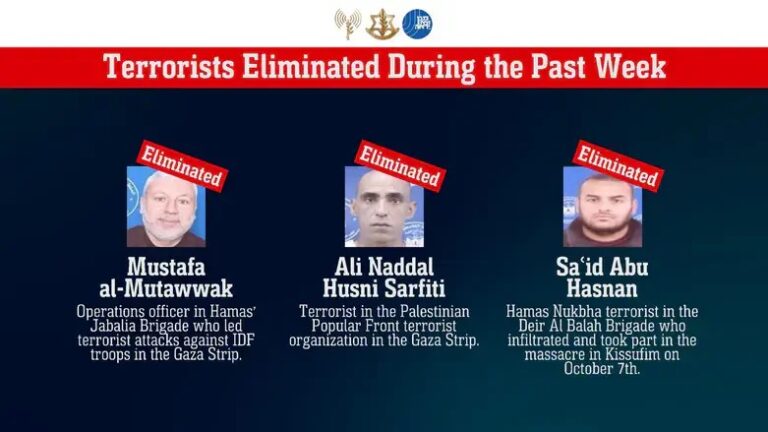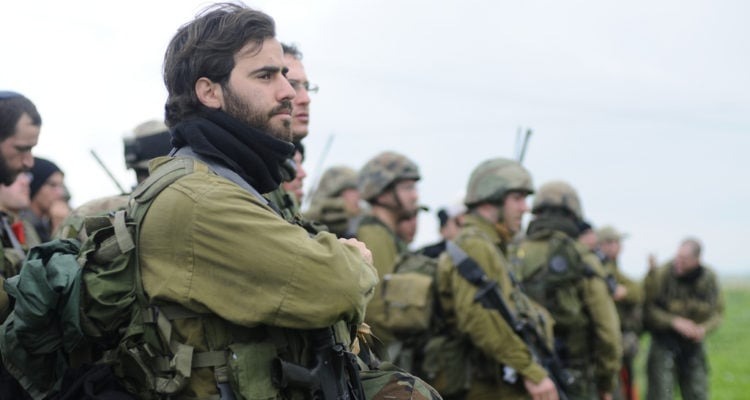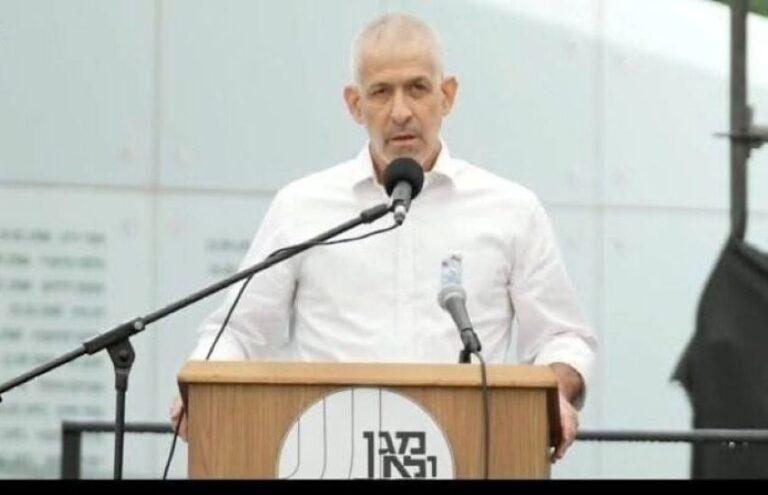 Head of the Center for Atomic, Biological and Chemical Warfare anticipates the IDF’s current emphasis on ABCW preparedness will continue to grow.
Head of the Center for Atomic, Biological and Chemical Warfare anticipates the IDF’s current emphasis on ABCW preparedness will continue to grow.
Col. Ari Hoze, Head of the Center for Atomic, Biological and Chemical Warfare (ABCW), anticipates that the IDF’s current emphasis on ABCW preparedness will continue to grow. This year, the soldiers of the ABCW Unit who serve under Col. Hoze were designated in advance to be enlisted in the unit, and the length of their specialized training has been extended from 5 to 8 months. “The idea is that the battalion will be part of a training force, with constant cooperation between them,” he says.
As commander of the ABCW establishment which operates as part of the Combat Engineering Corps, Col. Ari Hoze expects that the ABCW Unit will one day soon become a battalion like any other. The Combat Engineering Corps’ ABCW Center is the sole authority that deals with the issue of Non-Conventional Warfare in the Ground Forces, and is trained to deal with matters of combat and safety in the case of a Non-Conventional Attack. The Center is responsible for all preparation regarding this issue. Simultaneously, it operates a designated unit dedicated to coping in cases of chemical and biological attacks on combat forces.
“Starting this year, the soldiers of the ABCW unit were enlisted separately from the rest of the Combat Engineering Corps. They knew from the beginning of the enlistment process where they would be placed, familiarized themselves with the Center, and were aware of its importance,” Col. Hoze notes. “As such, we are in the process of extending the training course from five to eight months, and are increasing the intensity of the Battalion’s training courses, so that it will be identical to every other battalion course.”
Enabling Continued Defense Eforts While Facing a Non-Conventional Attack
Just like any other battalion, the ABCW Battalion is currently partaking in standard operational activities in the Judea and Samaria Region. Only in cases of emergency will the Battalion be involved with combat and protection operations dealing with these dangerous materials.
“The idea is that the Battalion will be part of a training force, with constant cooperation between them. The Battalion will enable other forces to continue their combat operations despite an ongoing ABC attack. It will evacuate, decontaminate, and protect the forces. The Battalion knows how to detect and identify chemical warfare materials, and will help soldiers to decontaminate and return to the field. We are also strengthening the professional identity of the Battalion soldiers so that they will understand the need and the importance of their work.”
As mentioned, the Center for Atomic, Biological and Chemical Warfare is also responsible for the training of various other combat units. The Center includes an entire field of specialty dealing with theory and research, which continues to study the field, updating combat doctrine in accordance with the innovations and developments in the field. The Atomic, Biological and Chemical Warfare instructors teach the soldiers how to protect themselves during a chemical attack, and operate the famous ABCW tent.
“The conventional fighter knows how to cope at a basic level during a Non-Conventional attack; he knows how to identify an attack and how to protect himself. Our job is to teach the soldiers how to continue to fight during an ABC attack. We teach them how to survive the attack, decontaminate themselves and complete their mission.”
“The threat has changed in a way that demands a response”
Col. Hoze is discovering, however, that there is a wide gap between the ideal situation and reality of the situation, primarily due to the misconception that the Non-Conventional threat is not of particular relevance.
“The combat soldiers are used to normative warfare, but they must know how to protect themselves and operate during a chemical attack. We know that our neighboring states have the means, and thus the threat has changed in a way that demands a response.”
Nevertheless, Col Hoze is optimistic, and estimates that “in the year 2011, this gap will disappear. Today there is an extensive system of inspections in which routine visits to all units are made once a year to ensure soldiers know how to deal with a Non-Conventional attack. It has even reached the extent that we are holding competitions between units, each of which want to get ABCW training experience in the field and not be the last to do so. In addition, we are increasing cooperation with Platoon Commander courses, Battalion Commander courses, with Integrated Combat training drills, and during other various exercise drills.”
Furthermore, in the near future it is expected that vehicles for ABCW decontamination and detection purposes will be introduced to the Battalion, specially customized to fit the needs of the Battalion soldiers. Additionally, a new system will enable soldiers to identify whether a fallen missile contains chemical warfare materials from a long distance.
“The moment a single chemical missile lands, the soldier will be certain that the other missiles are also of chemical sort, and this psychologically affects him. As soon as soldiers learn how to identify the presence of chemical material in the area, it will make it both physically and mentally easier on the forces.”










